Note: This post may contain affiliate links which means if you click on a link and purchase an item, we will receive an affiliate commission at no extra cost to you.
This post is brought to you by one of Brian’s travel essentials: a Kindle, and a few books he’s found to be helpful as an entrepreneur: Traction by Geno Wickman and You Are a Badass by Jen Sincero.
This is the latest interview in a series featuring digital nomads talking about their lives and lessons (click here if you want to be interviewed). The goal is to help demystify the process of making money online, wandering the world, and living an unconventional life!
Brian nomads with his wife and young daughter, typically traveling to about 10 countries per year. He offers great pieces of advice for starting your own business, dipping a toe into the nomad life, and FIRE. We especially love his company’s blog post about lifestyle design!
Thank you for hanging out with Freedom Is Everything, Brian!
Key takeaways from Brian’s interview:
“Beyond the financial component, FIRE forces you to stop and think about your spending. Do you really need to participate in the rat race? To run on the hedonic treadmill? What are the things that really matter in life? They require less money than you think but more time and attention.”
“Your mindset is enormously important because you can’t “phone it in” as an entrepreneur. You need to be charged up and motivated every single day – with no boss or supervisor nudging you in the right direction.”
“Start putting thought into exactly what your ideal life looks like. You don’t need all the answers right now. If you don’t know what you want to do, start by saving and investing a huge percentage of your income. When you discover what you want to do with your life, you may discover either that it takes money to implement or that it doesn’t pay very well; either way, you’ll be happy that you got a head start on building wealth.”
“Nomading has changed my perspective in many ways, but the greatest way is that I’ve internalized that our preconceptions about places we’ve never been are always wrong. Nowhere I’ve visited is exactly how I imagined it. This means that we should all be more curious and less judgmental, to paraphrase Walt Whitman, and we should go experience more places, people, and cultures different from what we already know.”
Table of Contents
Introduce yourself! 🙂 Who are you? What do you do for work? And what is your nomadic story?
Born and raised in Baltimore, I moved overseas at age 34 with my (brand new) wife, Katie, in 2015. Our first home abroad was Abu Dhabi, where we spent four years, followed by Brasilia, where we currently live.
At the time, I was working for an eCommerce company, but soon after parted ways and opened my own online business along with a former colleague. Today I enjoy being an entrepreneur and moonlighting as a financial writer for fun, all while spending 10 months out of each year overseas.
What inspired you to start nomading? And how has nomading changed your perspective on life?
My wife knew I had wanderlust, so as a surprise, she started interviewing with international schools (she’s a school counselor). I was shocked when I discovered she’d been interviewing with schools all over the world.
She got several job offers, and we ended up deciding to move to Abu Dhabi.
Nomading has changed my perspective in many ways, but the greatest way is that I’ve internalized that our preconceptions about places we’ve never been are always wrong. Nowhere I’ve visited is exactly how I imagined it. This means that we should all be more curious and less judgmental, to paraphrase Walt Whitman, and we should go experience more places, people, and cultures different from what we already know.
Because the more of the world you see, the more you realize just how limited your perspective was (and still is).
Please tell us the detailed story of how you started your business.
I was a real estate investor and landlord before getting into the world of online business. So it was a natural fit that my partner (a Realtor and landlord herself) to want to offer education and services to other rental investors, and thus SparkRental was born. We offer a range of free tools and educational videos for mom-and-pop landlords and real estate investors, with the ultimate goal of helping people replace their day job with rental income.
We had a long, twisting journey, with plenty of trials and tribulations along the way. Before we were profitable, we extended our runway by generating income on the side. My partner worked as a Realtor, and I started writing as a personal finance and real estate contributor to a range of websites. I ended up loving the writing so much that I’ve continued doing it long after our business turned a profit.
Find a way to make it work.
What advice would you give to someone who’s thinking about nomading?
You don’t need to upend your life all at once. Start by simply arranging a way to earn money remotely.
Then go spend a few weeks or a month somewhere that intrigues you. Look up expat groups when you get there on Meetup.com and Internations. Find out about local expat hangouts and spend time there. Go with a friend or significant other if you like.
Don’t be afraid to mingle with the locals. In touristy areas, the locals typically don’t want anything to do with tourists, but in less touristy areas, they’re often curious and friendly. In Bulgaria and Georgia, for example, many locals were intrigued by us choosing to visit. They wanted to know why we choose there to visit, what other places we’d visited, how we earned money, and so forth. In Plovdiv, for example, a young woman who owned a wine bar spent 2.5 hours pouring wines for us (many of them free of charge) and chatting us up, then invited us to join a get-together she was having on the rooftop terrace that evening.
What is unique about the way you travel, and what advice do you have for someone that wants to travel with a similar style?
Try some random or opportunistic travel. Go on Skyscanner.net and search flights on the “Anywhere” setting. You’ll find some surprising destinations for surprisingly cheap fares, which can help push your boundaries and open up new travel opportunities you previously hadn’t thought of.
What are the 2-3 favorite places where you’ve lived/traveled to and why?
My wife and I love Eastern and Central Europe. Our love affair with it started when we saw a cheap nonstop flight to Bulgaria and thought, “Hmm… I wonder what there is to do in Bulgaria?”
It ended up being one of the best trips we’d ever taken. The people in Eastern and Central Europe are friendlier than their Western cousins. It’s much less expensive and feels less touristy and corporate. And there’s unexpectedly delicious food, beer, and wine.
Best Gastronomy: Lyon. Food and wine capital of France.
Best Hidden Gem Wine Country: Serra Gaucha, Brazil.
If you had debt/student loans when you started nomading, how did you handle or think about this, and what advice would you give to other people with a similar situation?
We’re able to save much more money living overseas than we ever could in the US.
We get free furnished housing, free high-end health insurance, and paid roundtrip flights home every year through my wife’s job. But even if that weren’t the case, if you choose a country with a low cost of living, you can live on much less than in the US.
Which means you can pay off your debts much faster, assuming you can earn a similar income remotely.
What is one of your favorite travel stories/experiences?
On a beach camping trip in Oman, we stayed up late having drinks around a campfire. When the fire died down, we noticed what looked like sparks where the waves were hitting the shore. When we walked over to investigate, we weren’t hallucinating: bioluminescent algae lit up wherever the water was disturbed. So when you swam in the water and splashed, it looked like thousands of tiny sparks in the water.
Since launching, what has been most effective to acquire/retain customers and scale your business?
Content and education. My partner and I are passionate about teaching people the skills they need beyond simply providing tools like our landlord software. Where possible, we combine education with useful tools. For example, most people have no idea how many expenses landlords incur beyond the mortgage payment. They think cash flow on a rental property is simply the rent minus the mortgage payment. So we created a free rental cash flow calculator to force them to analyze all of the various expenses, from vacancy rate to repairs and maintenance to property management fees and legal fees. The average non-mortgage expenses come to around 50% of the rent each month, which means most new landlords lose money on their first property or two before they figure that out.
I was a slow learner, and it took me hundreds of thousands of dollars in losses before I learned that the hard way.
Tell us about your content creation journey and share some of your favorite content that people should check out!
It’s a tricky balance between creating content for SEO and creating content that’s unique and quirky and useful for your audience, even when the search volume isn’t very high. We handle it by creating both and combining them when possible, but also creating content intentionally for one or the either.
You can build a business with content marketing (we did), just don’t expect it to happen overnight. It takes time to rank for keywords and build organic traffic.
I particularly like making interactive maps. For example, maps of property taxes by county, or the cities with the best GRM (rent/price ratios), or maps comparing where Americans are moving with state tax burden.
What digital tools do you use for your work/business?
Wherever possible, we use free tools like Skype, Google Meetings, and Google Drive. We’re a small team.
For SEO, we use Neil Patel’s Ubersuggest Tool, and more recently, Frase.
For social media, we use Hootsuite.
For project management, we use Basecamp.
What scale is your business at today, and what are your future goals?
Last month we had around 66,000 sessions on our site. Right now, we’re a low six-figure business, but we’re pumping a huge percentage of our revenue back into growth and hope to triple our revenue this year.
For someone interested in becoming an entrepreneur in your field, what’s the best advice you would give? And what books, podcasts, thought leaders, or other learning resources do you recommend?
Consume a mix of personal development content, industry-specific content, and business growth and marketing content.
Your mindset is enormously important because you can’t “phone it in” as an entrepreneur. You need to be charged up and motivated every single day – with no boss or supervisor nudging you in the right direction.
Every entrepreneur should read Traction by Geno Wickman, the first time to understand the concepts and then again as a detailed how-to manual for systematizing, growing, and maturing your business.
On the motivation/personal development side, try You Are a Badass by Jen Sincero.
For podcasts, check out The Mind Your Business Podcast by James Wedmore, and Online Marketing Made Easy by Amy Porterfield. Also, Marketing School by Neil Patel and Eric Siu.
Among blogs, check out Go Curry Cracker for a great travel & FIRE blog.
If you only had a few minutes to live, what are the most important life lessons you would share with the world?
The problem with important life lessons is that most people don’t internalize them the first 100 times they hear them 😊
I encourage people to think very differently about money than the average middle-class person does. It takes time to change your perspective, but try this on for size:
1. Money is a useful tool, but it’s a means to an end, not the end in itself.
2. The highest and best use of that tool is to help you implement your ideal life. But most people haven’t actually done the hard work of lifestyle design: thinking through and creating your perfect life. Instead, they participate in the rate race. They chase higher earnings, but only to the end of bigger and better status symbols, such as more expensive houses and cars and clothes. Most people don’t actually use their money to build wealth for their future or implement lifestyle design; every time they get a raise, they just start spending more (a phenomenon known as lifestyle creep). That higher spending quickly loses its luster too, and you just end up running even faster on the hedonic treadmill.
3. Instead of just chasing more of the same, try reframing your goals entirely. For example, my goal is to be financially independent within the next three years (by age 43). Financial independence means being able to live on your passive income from investments, which makes your day job optional. The closer you get to financial independence, the less you rely on your job. Which means you can do any work you like, regardless of the paycheck. You can pursue your passions, your dream work. This is part of lifestyle design.
4. I don’t own a house (at least not one I live in), or a car, or any other status symbols. (Although my wife has one or two that she wears on her finger, much to my chagrin.) Instead, we put most of our income toward building wealth and passive income – see above about financial independence.
Escape the rat race. Get off the hedonic treadmill. Stop putting your money into bigger homes and more expensive cars, and start using it to build wealth and sculpt your perfect life.
What do you travel with that you couldn’t imagine traveling without?
My Kindle, with its digital library access. And my expandable carry-on suitcase with its built-in folding garment bag.
If you’re passionate about FIRE (Financial Independence Early Retirement), please share how this has impacted your life, what your journey has been like, and what other people should know about FIRE!
Oh man, I could fill pages on FIRE. It’s one of my favorite subjects and precisely what we hope to help people achieve through rental investing.
Fortunately, I’ve already spoken at some length about it above. While the “retiring early” piece gets all the press (for good and ill), that’s the sizzle rather than the steak. The meat of FIRE is in financial independence and lifestyle design. But the average American doesn’t know what those terms mean, and it takes a while for people to internalize their true implications even once they understand the definitions.
So FIRE bloggers like me have to lead with “retire early, relax on a beach for the rest of your life!” because everyone knows at a glance what that means. Even though, in reality, you’d get bored sitting on a beach after the first week of doing it.
At its best, the FIRE lifestyle helps you achieve several goals simultaneously. Most obviously, it helps you lower your spending. That helps you maintain a high savings rate, which in turn helps you build wealth. With lower spending, you have an easier target for passive income to replace your day job.
But beyond the financial component, it forces you to stop and think about your spending. Do you really need to participate in the rat race? To run on the hedonic treadmill? What are the things that really matter in life? They require less money than you think but more time and attention.
What’s your favorite book and why?
In recent years, one of my favorites has been A Gentleman in Moscow by Amor Towles. The prose is clever, witty, funny, the story is entertaining, but underlying all that “easy” reading is a tale rich in themes, character, and wisdom.
Tell us about a deep passion of yours! What has your journey been like, and what advice/resources would you recommend for someone interested in learning more about this topic?
Financial literacy is a deep passion of mine. People who don’t know anything about money claim it’s the root of all evil; I argue financial illiteracy is the root of all poverty, which is itself the root of all evil. As I said, money is a tool, a means to an end – and one that can enable you to construct your ideal life if you’re thoughtful enough to use it that way.
What is your philosophy on being happy and/or finding meaning/purpose in life? And any recommended resources for people navigating this journey?
I didn’t realize what I wanted to do with my life until I was in my 30s and became an entrepreneur. As a happy entrepreneur, I can already see that I’ll want another career in a few years: I next plan to become an author.
I return to lifestyle design: start putting thought into exactly what your ideal life looks like. You don’t need all the answers right now. If you don’t know what you want to do, start by saving and investing a huge percentage of your income. When you discover what you want to do with your life, you may discover either that it takes money to implement or that it doesn’t pay very well; either way, you’ll be happy that you got a head start on building wealth.
As a final thought, do some reading on the Japanese concept of ikigai. The one-sentence summary is that it’s the intersection of what you’re passionate about, where your strengths lie, what people will actually pay you to do, and what the world needs.
How can people learn more about you and your work?
At SparkRental.com of course! Check out our free course on rental investing for FIRE, which you can find on our rental income blog.
You can also connect with us on Facebook, Twitter, and Instagram.


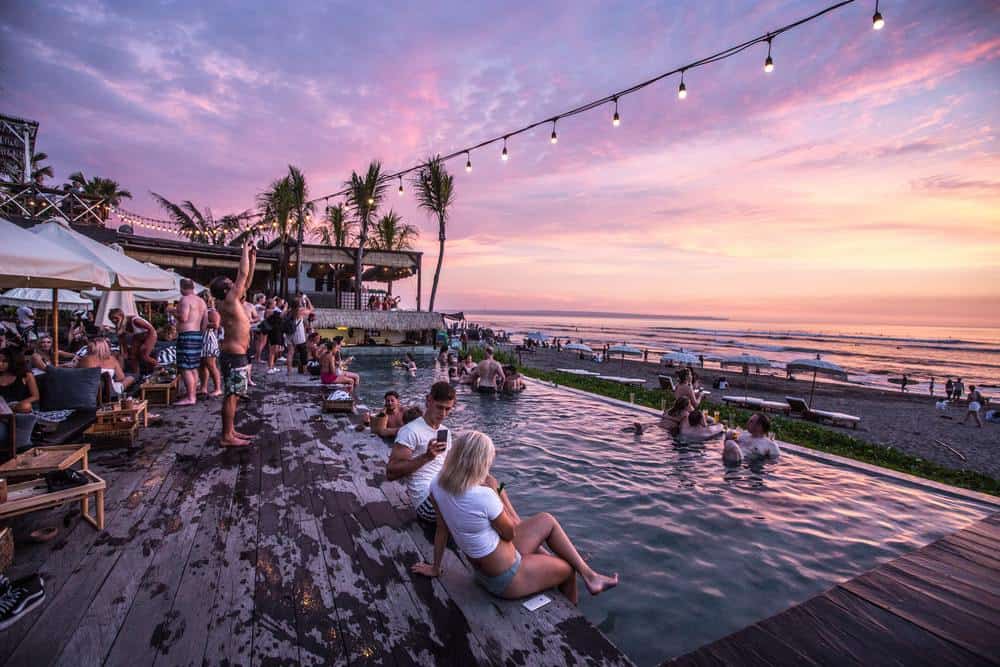
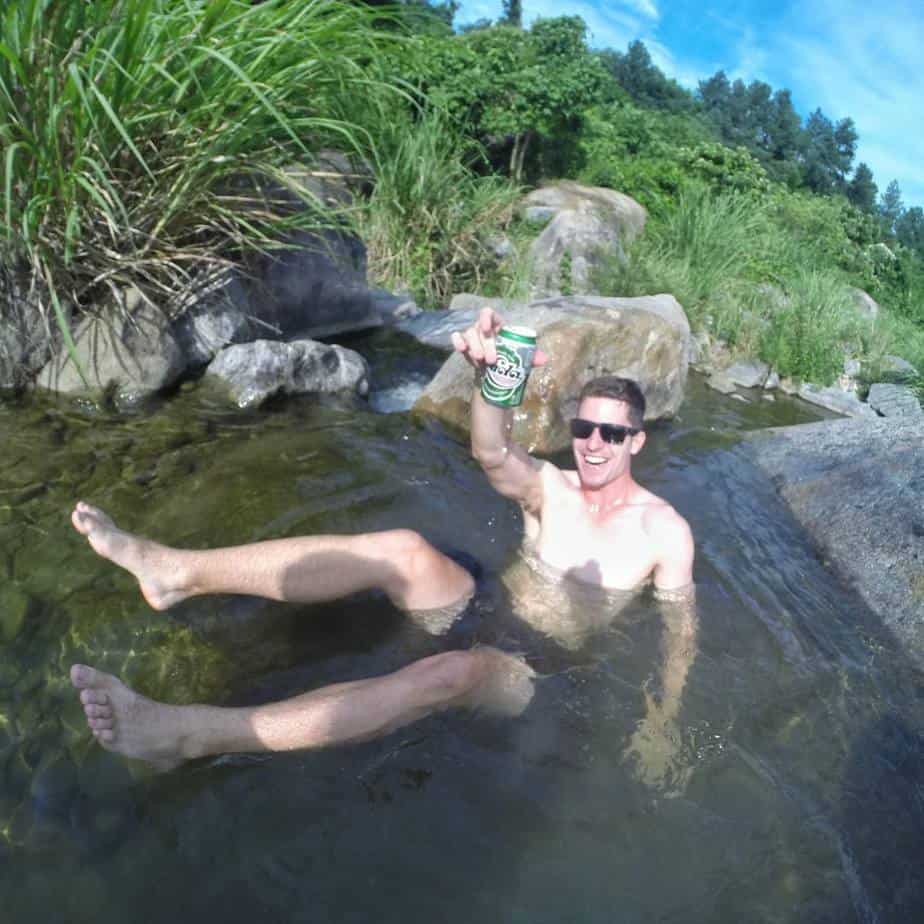
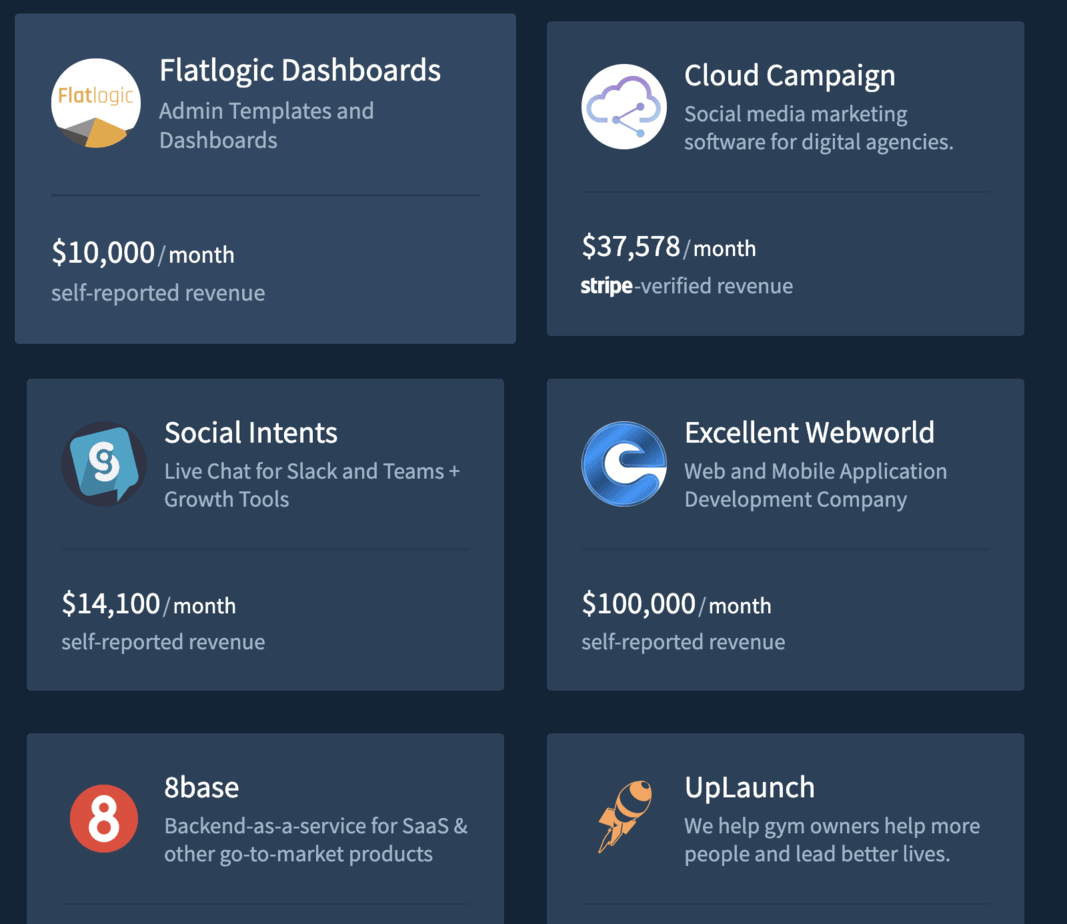
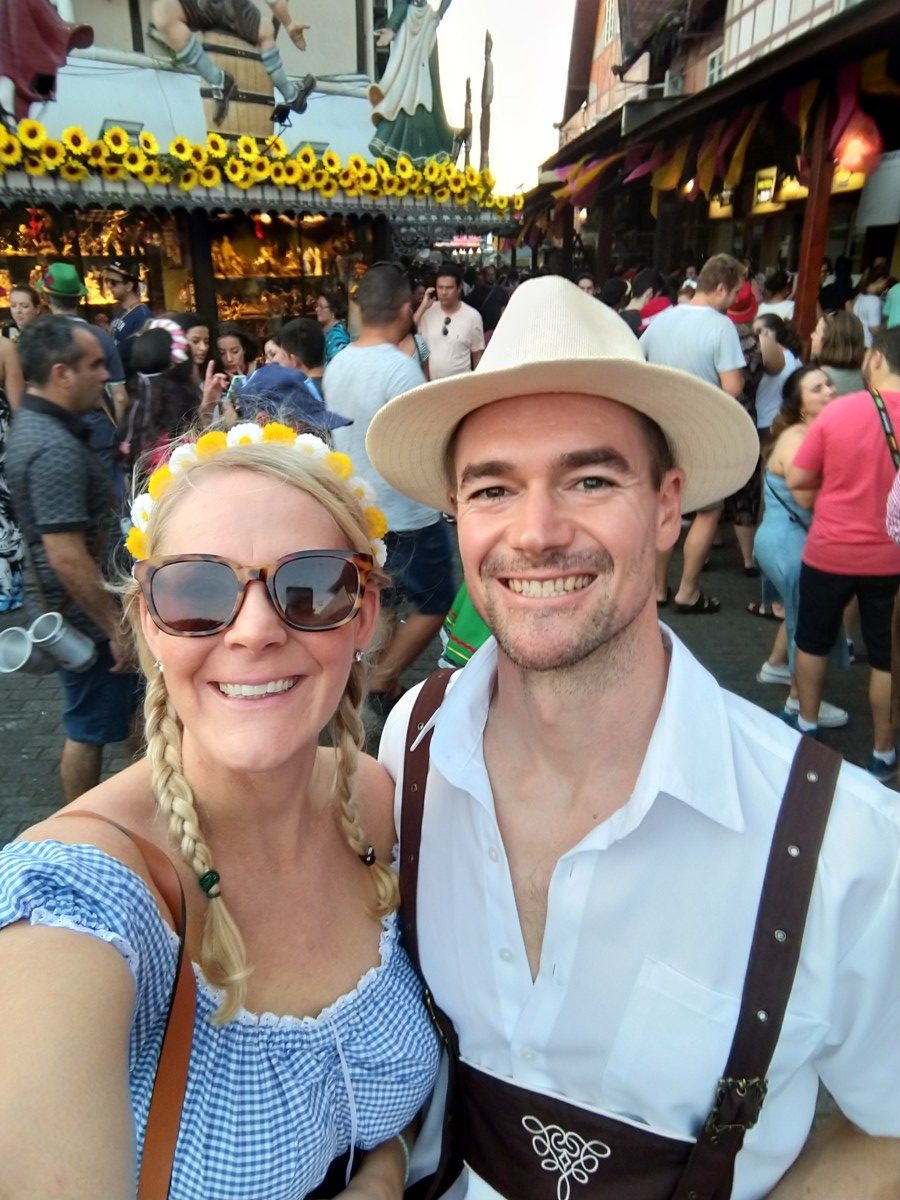
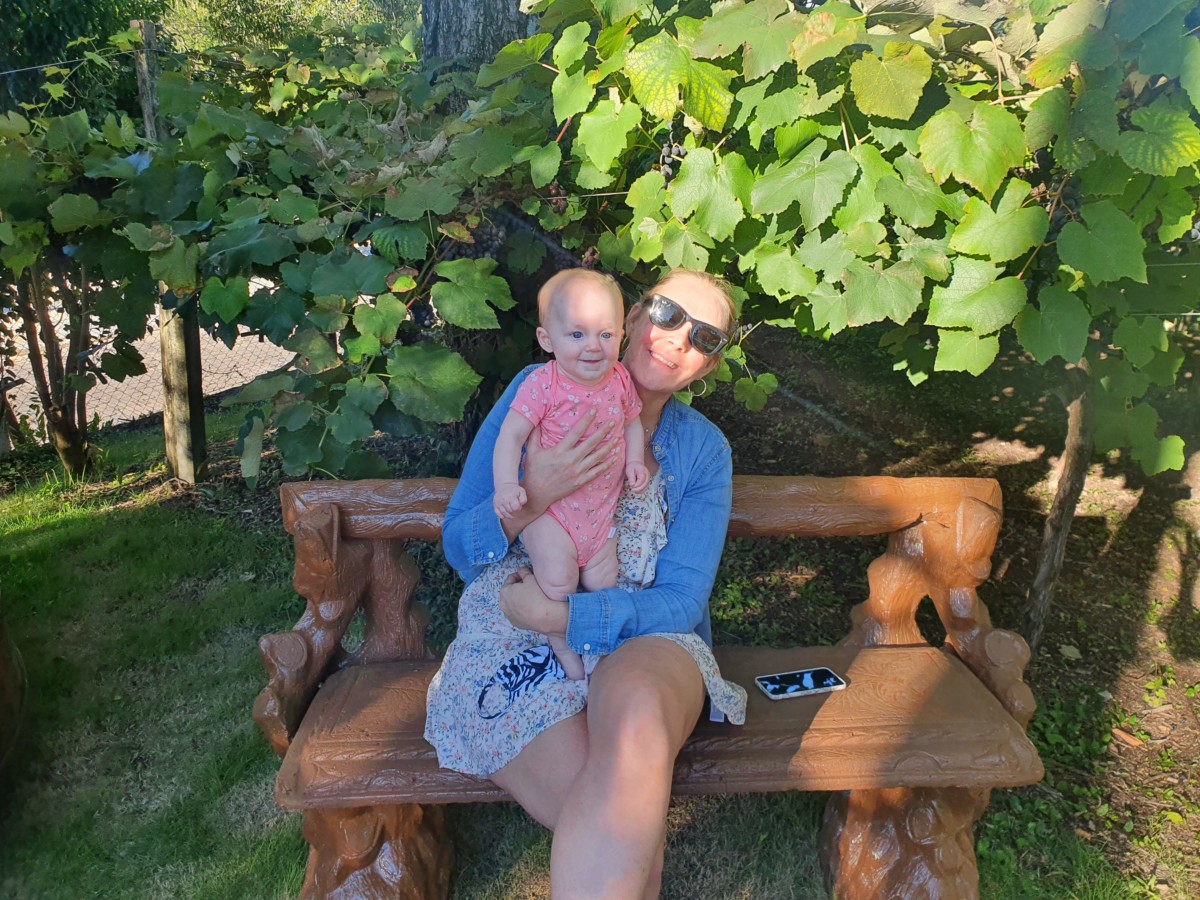
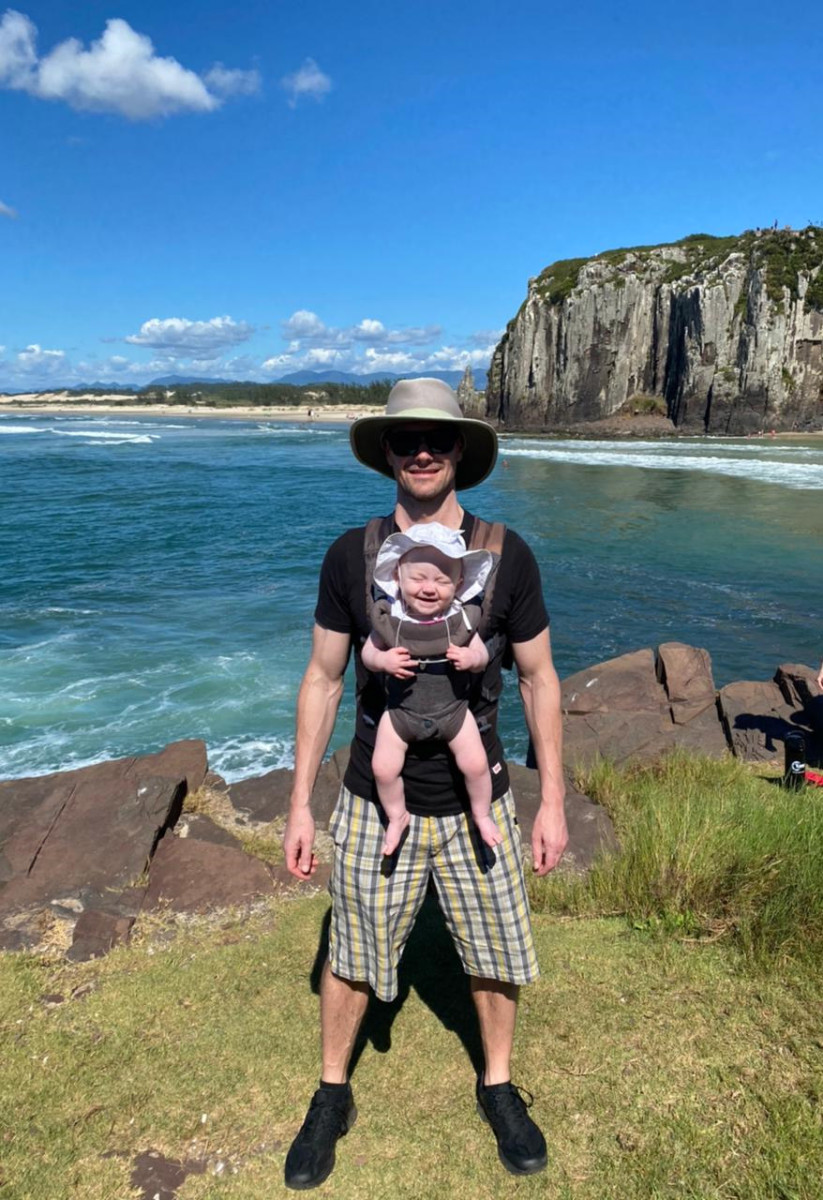
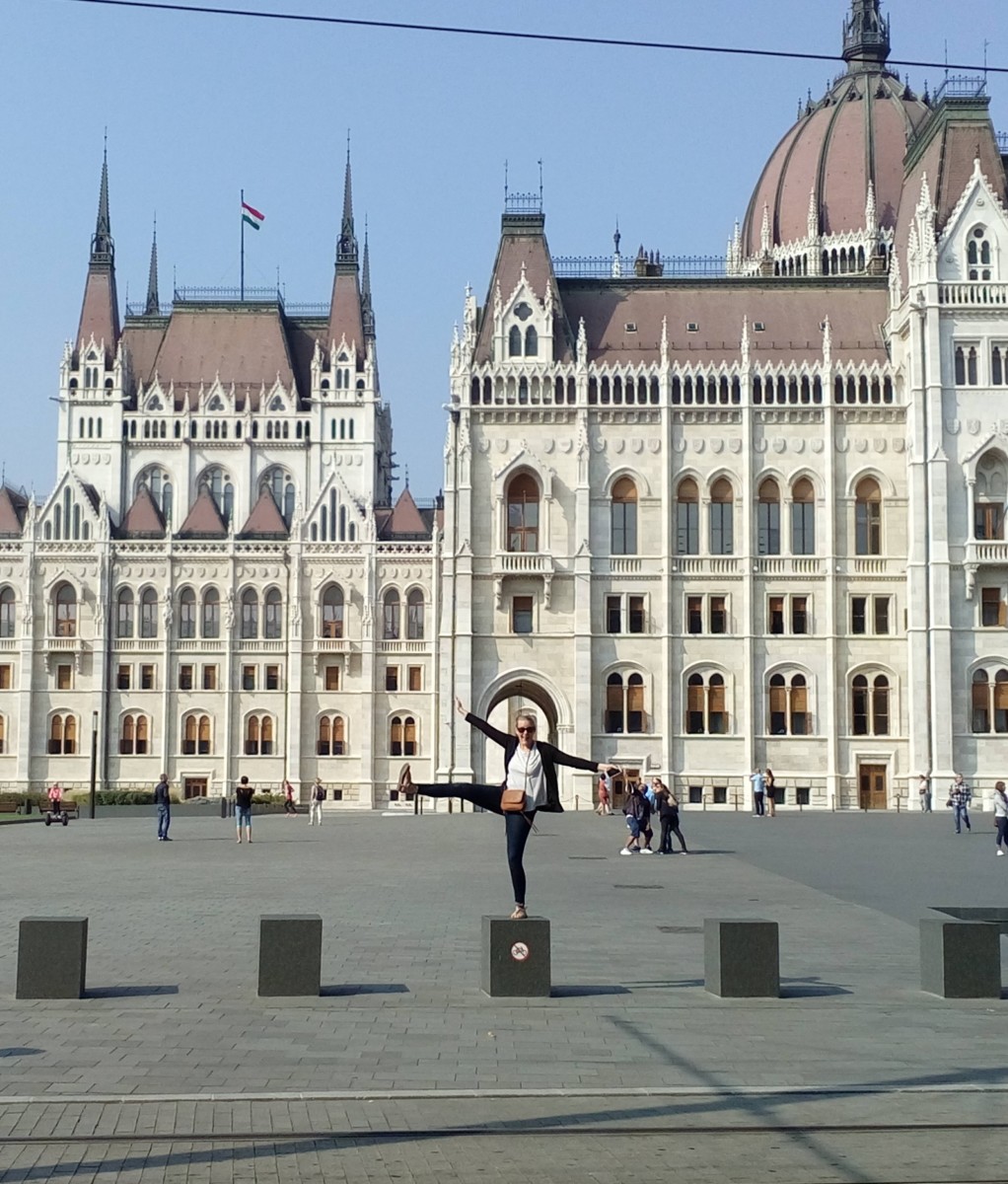
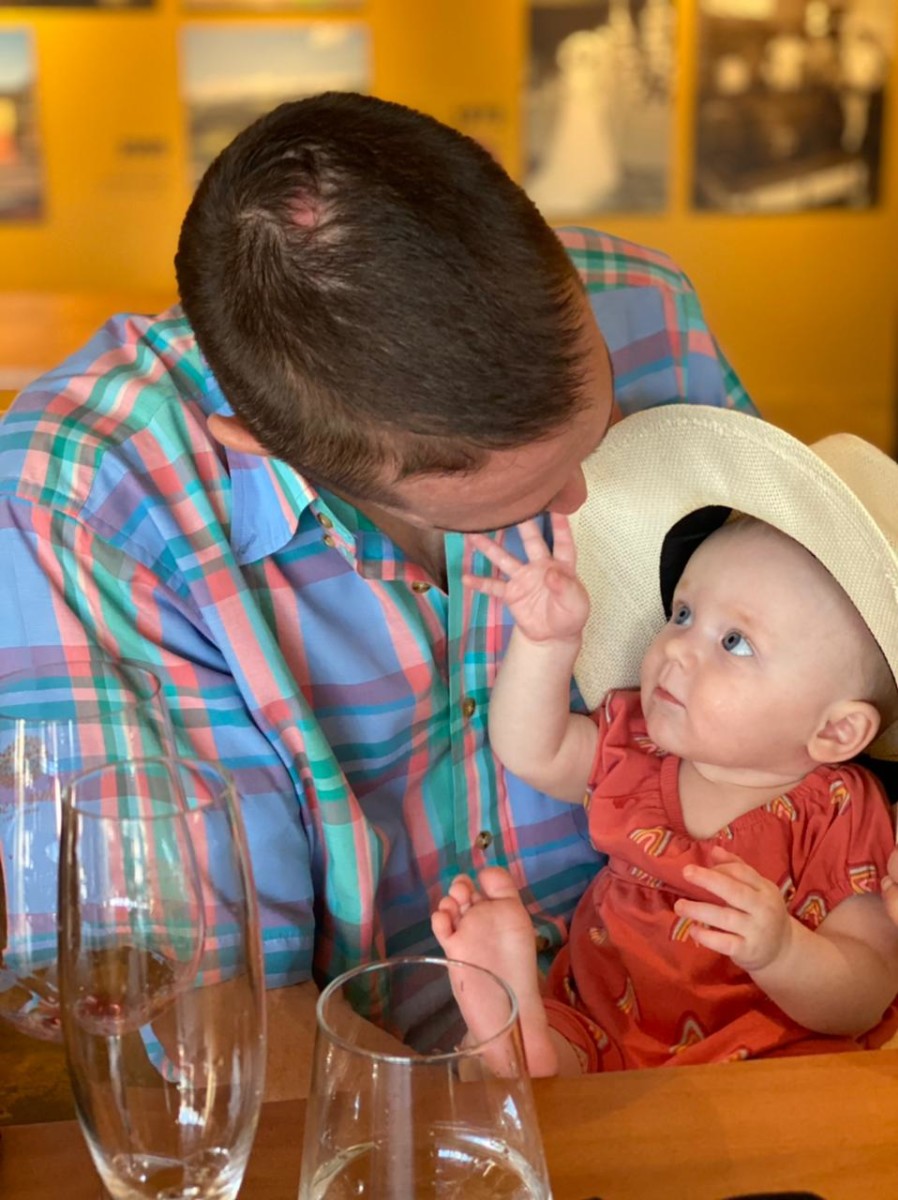
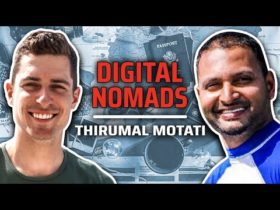
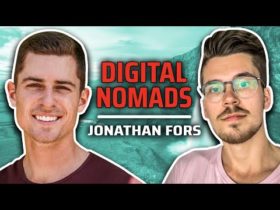
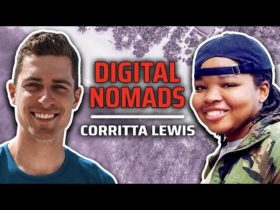
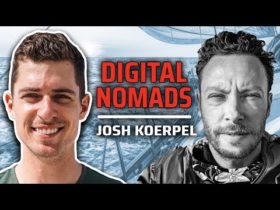
Leave a Reply
View Comments